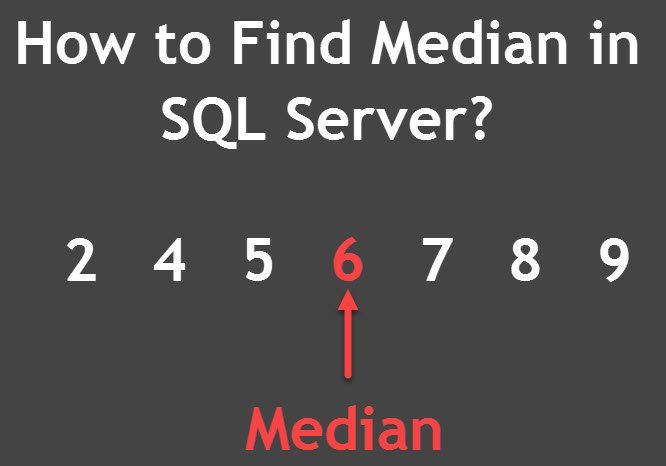
Transformation: To transform the DateTime into other DateTimes, use DateTime#set, DateTime#reconfigure, DateTime#setZone, DateTime#setLocale, us, DateTime#minus, DateTime#endOf, DateTime#startOf, DateTime#toUTC, and DateTime#toLocal.Configuration See the DateTime#locale and DateTime#numberingSystem accessors.
SQL WEEK NUMBER ISO

To create one from a standard string format, use omISO, omHTTP, and omRFC2822. Creation: To create a DateTime from its components, use one of its factory class methods: DateTime.local, DateTime.utc, and (most flexibly) omObject.Here is a brief overview of the most commonly used functionality it provides: Configuration properties that effect how output strings are formatted, such as locale, numberingSystem, and outputCalendar.Each instance is considered in the context of a specific zone (by default the local system's zone).

Each DateTime instance refers to a specific millisecond of the Unix epoch.

It contains class and instance methods for creating, parsing, interrogating, transforming, and formatting them. A DateTime is an immutable data structure representing a specific date and time and accompanying methods.


 0 kommentar(er)
0 kommentar(er)
